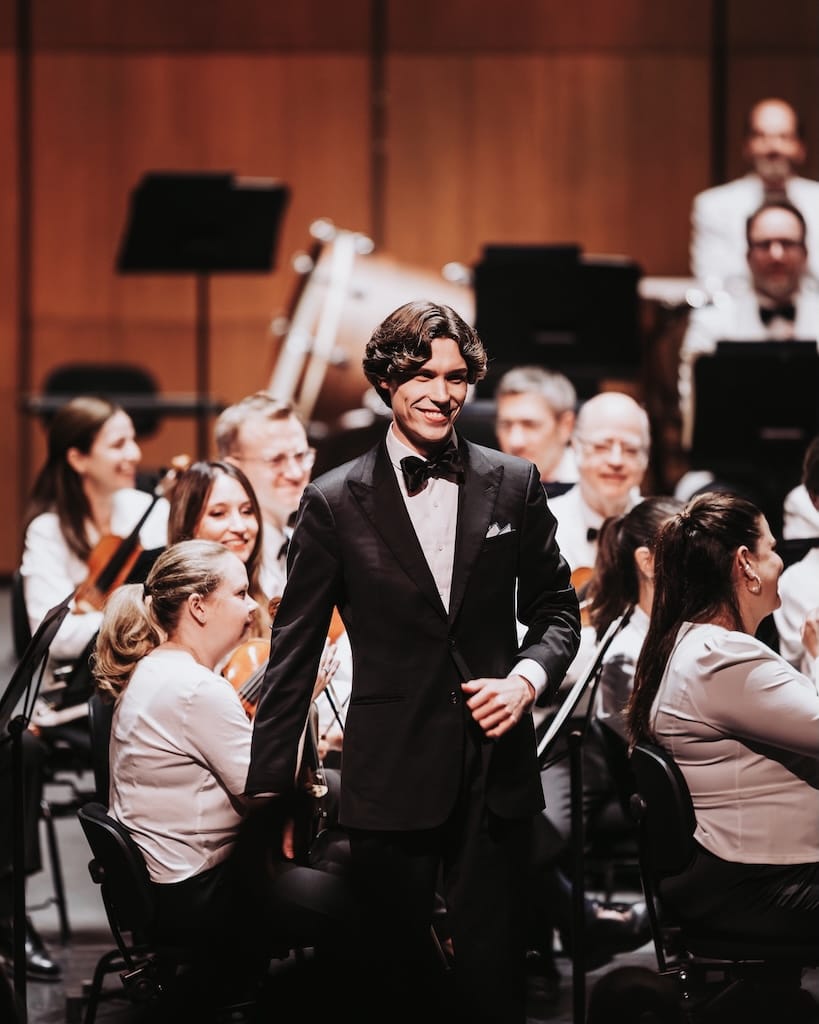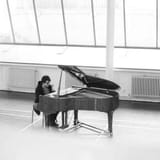Jaeden Izik-Dzurko on Soler, Competitions, and the Art of Discovery
Winner of the Leeds and Montréal competitions, pianist Jaeden Izik-Dzurko discusses his NAXOS debut of Soler’s sonatas, his formative influences, and the artistic journeys that continue to shape his rapidly ascending career.
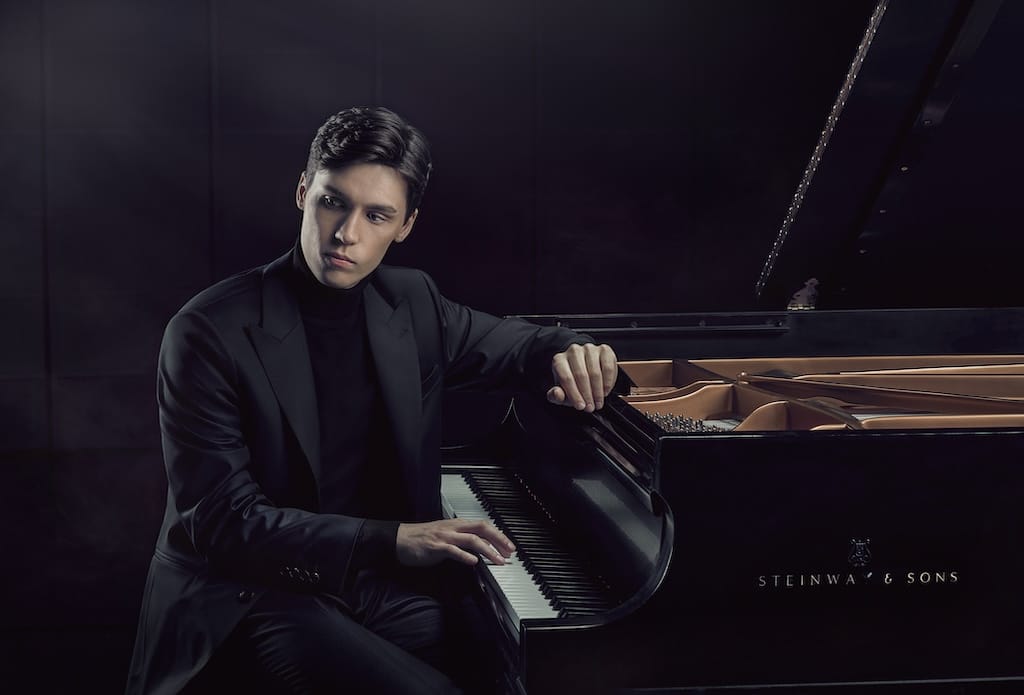
At just 26, Canadian pianist Jaeden Izik-Dzurko has emerged as one of the most compelling young artists on the international stage. Winner of the 2024 Leeds International Piano Competition, where he received the Dame Fanny Waterman Gold Medal, and the Concours musical international de Montréal, he has been acclaimed by audiences, critics, and composers alike for his communicative power, refined technical command, and artistic maturity.
An experienced recitalist, Jaeden has already appeared at major venues including Carnegie Hall’s Weill Recital Hall, the Auditorio Nacional de Música in Madrid, Salle Cortot in Paris, Wigmore Hall in London, and the Fondation Louis Vuitton. He has also collaborated with leading orchestras such as the Royal Liverpool Philharmonic, Orchestre symphonique de Montréal, and the RTVE Symphony Orchestra. His performances have been widely broadcast on platforms including BBC Radio 3, American Public Media’s Performance Today, and medici.tv.
His debut NAXOS recording of Padre Antonio Soler’s sonatas, released in August 2025 following his prize at the Maria Canals International Music Competition in Barcelona, highlights his sensitivity to colour and clarity of texture. In this conversation, Jaeden reflects on the challenges of bringing Soler’s music to life, the formative influence of competition success, and the artistic paths that lie ahead.
Nikhil Sardana: As part of your prize in the Maria Canals International Music Competition, you recorded a set of keyboard sonatas by Padre Antonio Soler, a composer not often featured in modern recital programmes. What drew you into Soler’s musical world during this project, and what surprised you most in preparing these works?
Jaeden Izik-Dzurko: I grew very fond of the rhythmic character and vitality in Soler’s music. His writing is full of life, imbued with a spirit of dance, and even in his slower pieces there is a lilting, graceful quality. I found that aspect of his style particularly enjoyable to interpret.
NS: You mention that Soler’s harmonic language and inventive keyboard writing grew on you during your preparation. How did you adapt your technique and musical mindset to interpret this repertoire authentically while keeping your own voice?
JID: One of the challenges in approaching music from Soler’s era is the scarcity of interpretive directions in the score. It falls to the performer to craft an original and detailed interpretation, and to bring out character and variety in each piece. To do this convincingly, one needs a strong sense of the composer’s musical grammar and style. Preparing a large group of his sonatas was invaluable for me—I could immerse myself fully in his sound world and become familiar with different facets of his artistic personality.
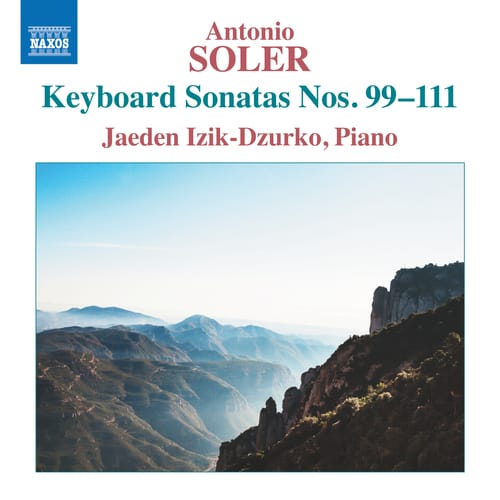
NS: The sonatas on the album show great stylistic variety, from lyrical and meditative to virtuosic and playful. How did you approach creating contrast and coherence across such a wide-ranging selection?
JID: Within each sonata, I tried to take advantage of Soler’s binary form by using repetition as an opportunity to create contrast and narrative flow, varying dynamics and ornamentation to keep the music alive and engaging.
NS: Winning the Leeds International Piano Competition and the Concours musical international de Montréal in the same year is a rare achievement. How have these experiences shaped your artistic confidence and career trajectory so far?
JID: The prizes I have been fortunate to win have been indispensable to my growth as an artist, providing greater exposure as well as invaluable performance and recording opportunities.
The competitions themselves were rewarding challenges: they demand a vast amount of repertoire to be prepared at the highest level, and they require performing under extremely high-pressure circumstances. Both of these aspects are vital skills for sustaining a career as a performing artist.
NS: You have already performed in many of the world’s leading venues. Which debut so far has been the most memorable or transformative for you, and why?
JID: It’s difficult to single out one performance, because from an early age my teachers encouraged me to treat every concert with the utmost care and importance. Even now, with more opportunities on stage, I try to maintain that same attitude.
Two debuts that stand out, however, are Wigmore Hall in London and the Fondation Louis Vuitton in Paris. Having grown up inspired by countless recordings from those halls, it was deeply meaningful to share my own music in those spaces.
NS: As a Canadian artist now based in Europe, how do you see your musical identity developing across these cultural landscapes? Do you feel rooted in one tradition more than the other?
JID: In today’s world, with musical content so widely accessible online, I’m not sure how sharply defined regional traditions of piano playing still are. In my own case, although I was raised in a small rural town in Canada, I grew up listening to the great pianists of the past, and their recordings profoundly shaped my musical taste. At the same time, I am deeply indebted to my teachers, whose guidance and mentorship have been indispensable to my development as an artist.
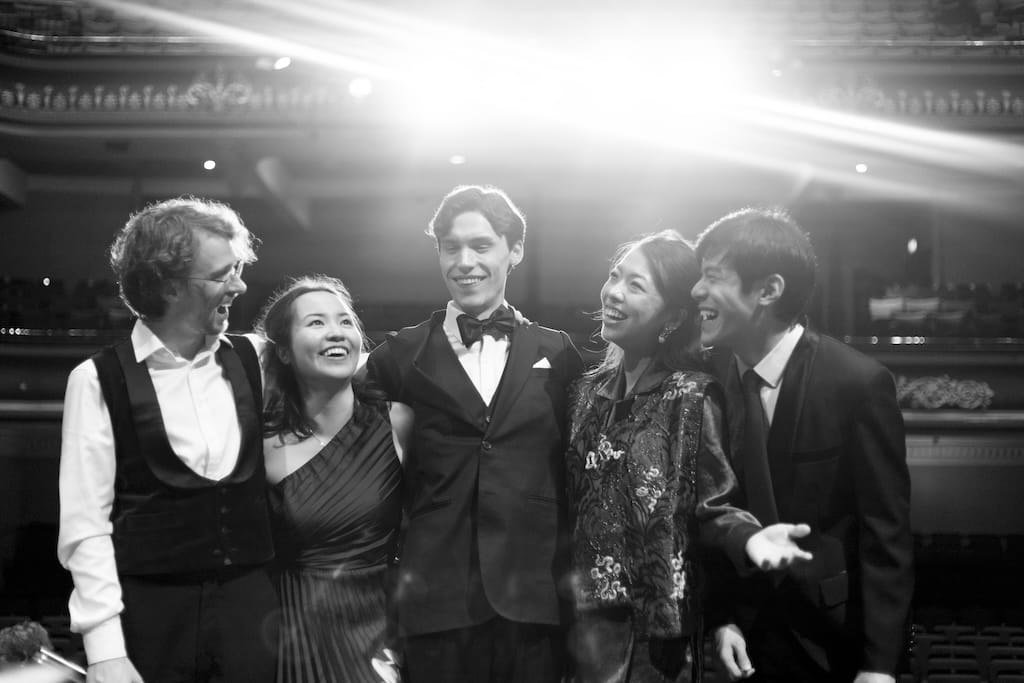
NS: In preparing this album, you worked closely with Lluís Soler. Could you share more about that collaboration and how it shaped the final recording?
JID: Lluís was an invaluable source of support throughout the recording and production process, offering encouragement, reassurance, and constructive feedback. His guidance was essential, and I certainly could not have completed this project without him.
NS: Having already performed at many leading venues and festivals, what excites you most about the artistic journeys and projects that lie ahead?
JID: I feel extremely fortunate to have so many performance opportunities, and I am always excited to share music with new audiences around the world. What motivates me most is the desire to continue growing as an artist, to deliver performances worthy of the extraordinary music I’m entrusted with, and to contribute, in my own small way, to the rich and enduring tradition of classical piano.
